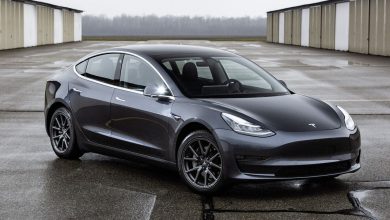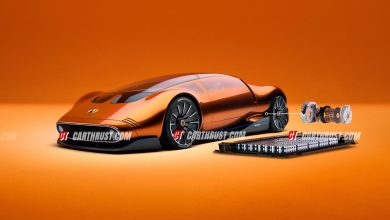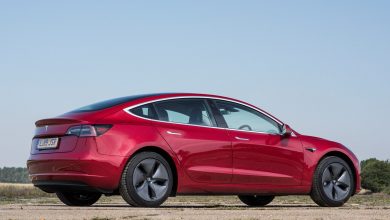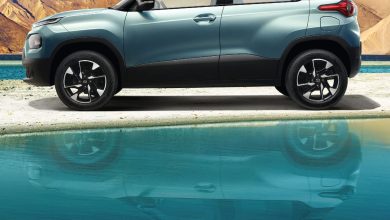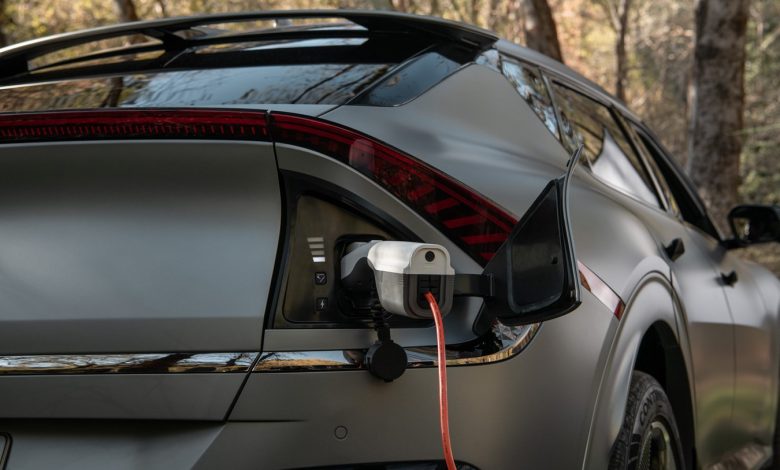
Electric Vehicles – the future of the automotive industry. Every other week a new automaker joins the electric fleet with a new launch. And why shouldn’t they? EVs have a lot of benefits over their petroleum counterparts. To begin with, zero carbon emissions meaning a cleaner environment.
The convenience of fuelling up your vehicle at home while you sleep is second. Add the peace of mind you get by not worrying about ever-rising fuel prices to the list. Electric motors also mean driveshaft-free powertrains and fewer moving parts resulting in a smoother drive quality. And for the good or bad, there’s also no loud revving engine note (Well, cheer up, at least now you could listen to those Bach & Beethoven symphonies in your car without any extra hum). With all these “advantages” opting for a battery-powered vehicle seems the best option. Or is it?
We Predict, a Michigan-based company recently made some shocking revelations about the owning cost of electric vehicles. The firm released its first Deepview True Cost Report, which analysed the first 90 days of vehicle ownership and the associated costs, using a predictive software to analyze mass quantities of the data. The study is based on 2021 model year vehicles in 21 segments, including 801,000 vehicles across 306 models. The study used 1.6 million actual service or repair orders from both dealerships and independent repair shops, but the company noted it doesn’t include gas, inspections or insurance.
As per the released report, electric vehicles cost their owners on average $123 in the first 90 days. While for the same duration, the average petroleum-based vehicles came up with a bill of just $53. The most efficient of the list is the hybrids which cost an average of $46 for service and maintenance. But, let me point it out, these are only average figures and doesn’t show the number of visits a vehicle had to make to the service centre. So hold on before you cancel the bookings of your EVs.
Expensive parts mean fewer issues in general but when hit with one, they cost more due to the premium built and sophisticated tech. This is very commonly seen with luxury brands. A BMW may offer you a costlier service charge, but it may not need to visit a service centre as often as say a Maruti.
EVs are sailing in the same boat, sort of. It’s not the bad quality of the electric vehicles that are making the ownership costs higher but it’s the costly parts and service charges. Mass-market EVs are still in the early phases, and like any new technology or product, it will take time for the cost to come down (This is bizness, commerce actually). But once the production of these vehicles become more common, the cost of manufacturing their parts will eventually get cheaper due to mass production.
See! Cancelling your order will only delay the process. So order a few more. I’m kidding. Or am I? Well, if there’s no proper charging infrastructure around you, you should probably buy more than one, I guess. Or buy a horse to pull it, maybe.
The EV technology is completely reliable, unless we’re talking autonomous driving modes, in that case, it’s mostly reliable.
“As expected, parts for some of the luxury import brands are more expensive than parts for non-premium vehicles,” said Renee Stephens, vice president of North American operations for We Predict. “But it’s not just parts that can drive costs up. Some vehicles are simply more challenging to repair. A $50 part that takes several hours to replace can result in a repair bill in the hundreds of dollars.”
The report shows that parts and labour costs for EVs are higher than gas or hybrid vehicles. Parts for EVs average $65, compared with $28 for internal combustion engine (ICE) vehicles and $24 for hybrid vehicles. EV labour costs also demand higher with an average of $58, while ICE vehicles average $25. But with improvement in technology the next generation of EVs will be better, and easier to repair, hopefully. Meaning lesser servicing charge too.
Lesser EVs on the road also means that there is a general lack of awareness about EVs and their mechanical systems. So? Do I also need to go into the mechanics now, before driving an EV? Isn’t getting a driving licence already a tiring process? Hold on, hold on your horses. You may not need to know about the mechanical systems to drive a car, genius, but you would like your mechanic to know about it, won’t you? Unless you’re someone who fills petrol in diesel vehicles thinking what difference will it make, both of them come from the same crude oil!
Let’s say you had a breakdown in your electric car. You can’t just call up your local mechanic like you would for a normal vehicle, cause they don’t know what’s inside these vehicles. (And why should they care to go through the hassle of learning new skills for repairing a vehicle segment which hardly accounts for 20% of the private transportation system in India. Again, this is bizness).
So your only option is to call some company authorised service personnel who will charge you as per the company’s service cost sheet. Non-negotiable! And this scene won’t change until there’s a substantial amount of EVs on the road creating sufficient employment for the third-party mechanics. I’m panicking now. Just book an EV man before you finish reading this article or you’ll cancel on EV plans entirely.
Okay! Now that you have booked a brand new electric car that you didn’t need probably, but still ordered for a better EV ecosystem, let’s focus on other details of the released report by the Michigan based company. Other interesting data the report disclosed is that premium vehicle repair costs in the first three months average $69, more than double the $33 average of non-premium vehicles. Let’s wrap this up before we end up ordering a premium vehicle too.
We Predict has a full survey about which exact companies cost how much for the service. It’s broken down by make and segment. BTW, We Predict didn’t build this data set out of the kindness of its heart. It wants to sell this info to automakers so they can react accordingly. Data is the new currency, you see.
However, handing over this report to the automakers makes more sense besides causing panic among car buyers. If a vehicle manufacturer knows that its labour costs are higher than its neighbour’s, maybe it can make the necessary changes to fix the situation. And EVs being the ride of the future, might be the first in line to incorporate those amendments. (Okay then, let’s wait for our EVs now, that we just ordered).

